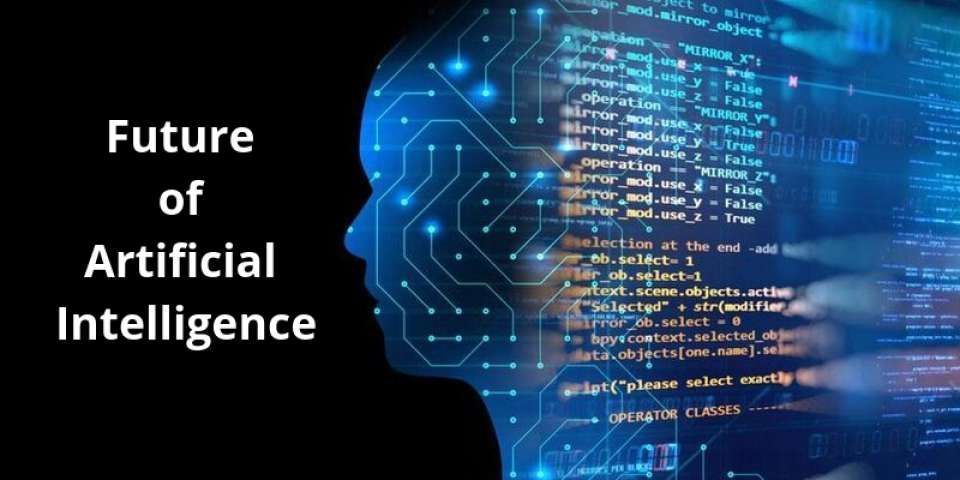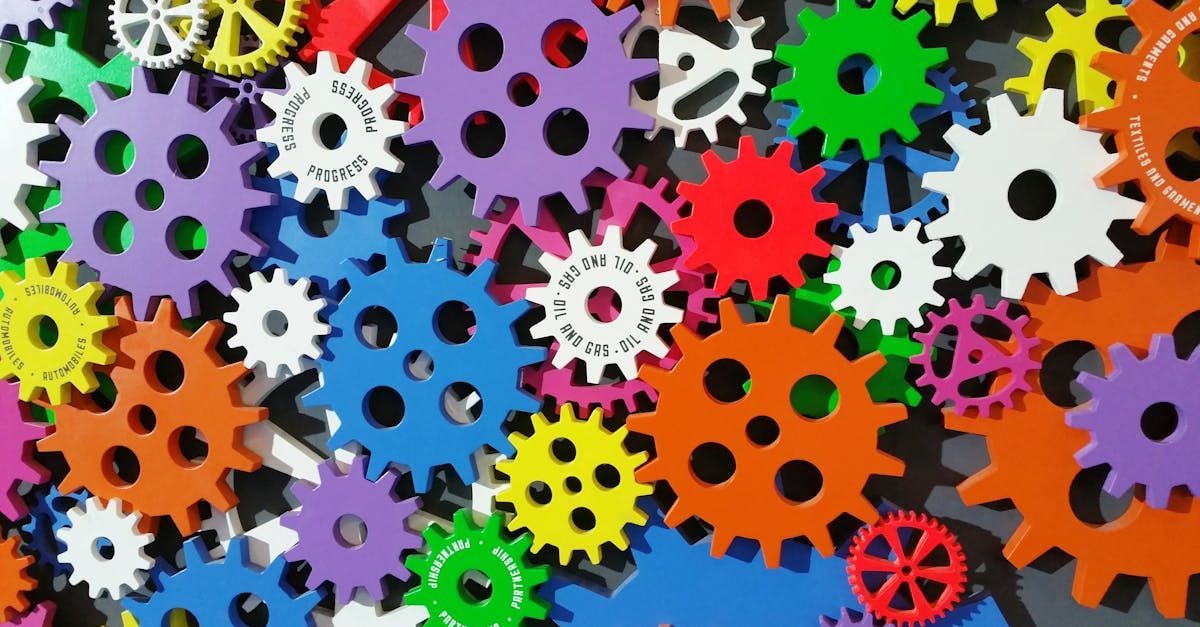CALL US TODAY! 765-437-9589 | Info@eformsmobile.com
The Future of Artificial Intelligence: How AI is Evolving and What Industries are Being Affected the Most

Artificial Intelligence (AI) has come a long way in the past few years, and it is continuing to evolve at a rapid pace. As more companies invest in AI technologies, we are seeing a significant impact across a wide range of industries. In this blog post, we will discuss how AI is evolving, what industries are being affected the most, potential use cases for AI in the future, and how AI could impact society.
How AI is Evolving
AI is evolving in several ways. First, we are seeing advancements in natural language processing (NLP) and machine learning (ML), which are allowing machines to better understand human language and behavior. This is leading to the development of more intelligent virtual assistants and chatbots, which can provide better customer service and support.
Second, we are seeing the development of more advanced robotics and autonomous systems. These systems can be used to perform complex tasks, such as assembling products or driving vehicles, without human intervention. This is leading to significant changes in industries such as manufacturing, transportation, and logistics.
Finally, we are seeing the integration of AI with other technologies, such as the Internet of Things (IoT), big data, and cloud computing. This is allowing businesses to collect and analyze vast amounts of data, which can be used to make more informed decisions and drive innovation.
Industries
Being Affected the Most AI is having a significant impact across a wide range of industries, including:
1. Healthcare: AI is being used to improve patient outcomes by analyzing patient data, identifying patterns, and predicting potential health issues.
2. Finance: AI is being used to improve fraud detection, automate financial processes, and provide personalized financial advice to customers.
3. Manufacturing: AI is being used to automate manufacturing processes, optimize supply chains, and improve product quality.
4. Transportation and Logistics: AI is being used to optimize delivery routes, improve vehicle safety, and reduce transportation costs.
Potential AI Use Cases in the Future
As AI continues to evolve, we are likely to see even more use cases emerge in the future. Some potential use cases include:
1. Personalized Education: AI could be used to provide personalized learning experiences for students, tailoring content and instruction to their individual needs.
2. Smart Cities: AI could be used to optimize city infrastructure, such as traffic lights, energy systems, and waste management.
3. Climate Change Mitigation: AI could be used to analyze climate data and identify potential solutions for reducing greenhouse gas emissions and mitigating the impact of climate change.
Impact on Society
The impact of AI on society is still being debated. On the one hand, AI has the potential to improve our lives in countless ways, from improving healthcare outcomes to reducing transportation costs. On the other hand, there are concerns about the potential impact of AI on jobs and privacy. It will be important for businesses and policymakers to carefully consider the impact of AI on society and take steps to mitigate any negative consequences.
In conclusion, AI is evolving rapidly, and it is having a significant impact across a wide range of industries. As AI technologies continue to advance, we are likely to see even more use cases emerge in the future. However, it will be important for businesses and policymakers to carefully consider the impact of AI on society and take steps to ensure that its benefits are realized while
mitigating any potential negative consequences.












